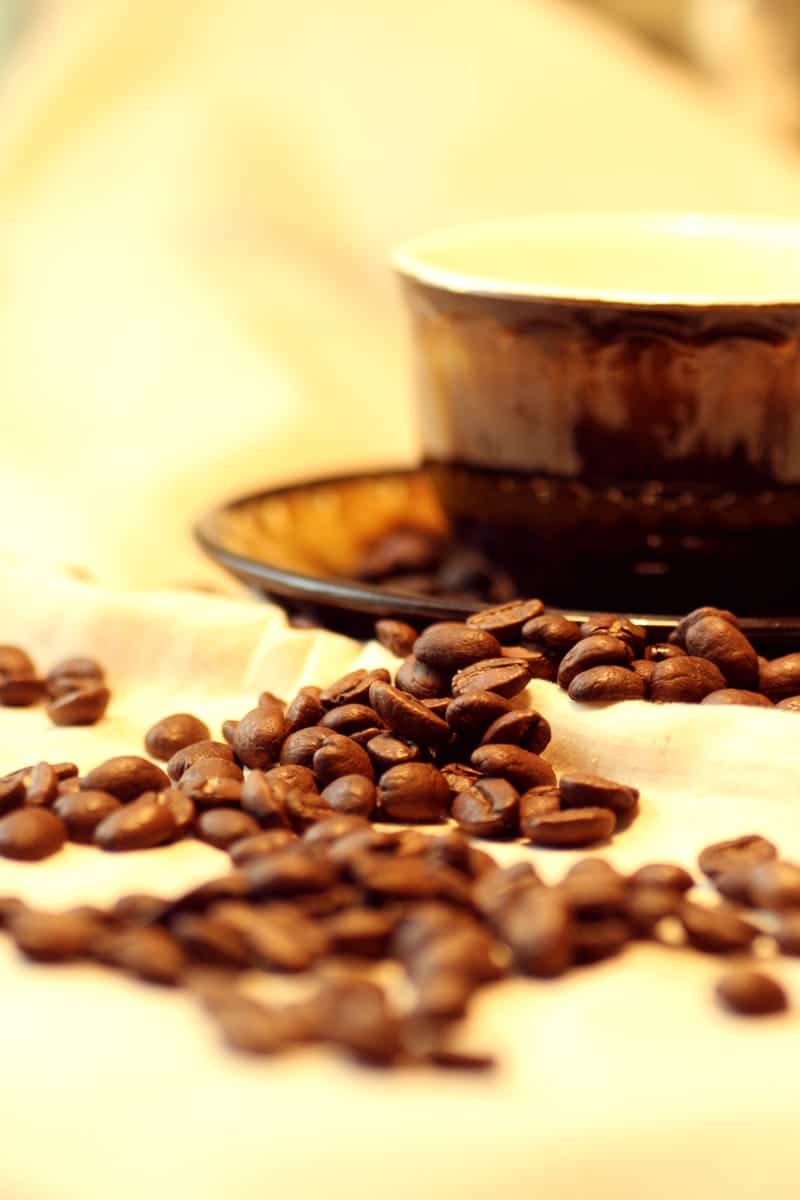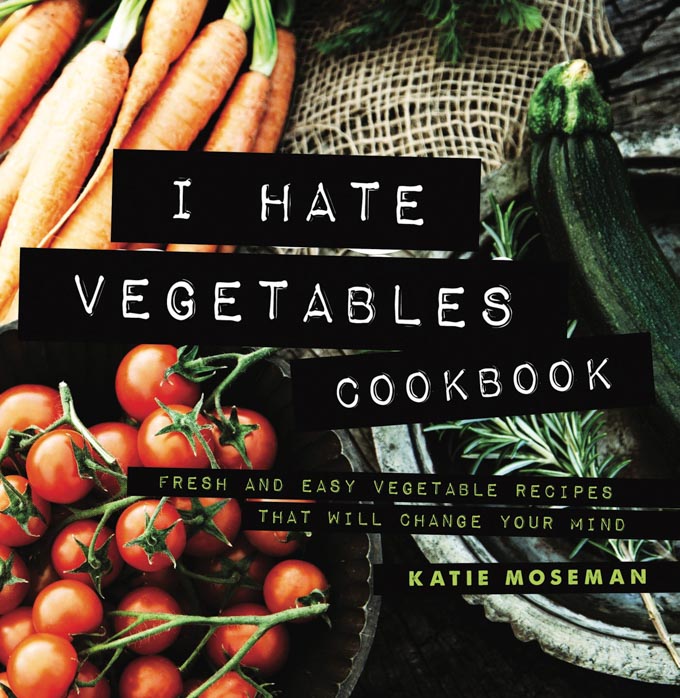Thank you to all the coffee experts who contributed their knowledge on honey processed coffee for this article.
What’s The Difference Between Washed, Natural, and Honey Processed Coffee?
Did you know that pretty much all the coffee that you can buy in a typical grocery store is processed the same way? It’s processed using the standard modern method for coffee processing, called washed, or wet process coffee. Wet processing removes all of the coffee fruit from the outside of the coffee bean before allowing it to dry.
On the other hand, a specialty type of coffee called natural, or dry process coffee uses the oldest known method for processing coffee; rather than removing all the fruit, the coffee beans are allowed to dry inside the whole fruit. This type of coffee can usually be found only online or in select coffee shops.
Washed coffee has the advantage of avoiding the off flavors (such as fermentation, or worse, rotting) that can develop in natural coffees due to poor handling, while natural coffee has the advantage of incorporating more of the flavors of the coffee fruit into the coffee bean. A third method, called honey processed coffee, attempts to combine the advantages of both methods. This in between type of coffee is called honey coffee because the coffee becomes sticky like honey during the drying process; there’s no actual honey involved.
How Is Honey Processed Coffee Made?
Here’s how John Vallas, CEO of The Swell Coffee Roasting Company & The Swell Cafe, explains the making of honey processed coffee:
When a farmer or processor is honey-processing coffee, they will remove the cherry rind and most of the pulp, leaving the mucilage. The coffee is then dried, either using just light, or a combination of light and drying machinery. This causes varying levels of fermentation due to the high level of moisture being trapped by the mucilage for a short period of time, as well as some additional acidity being dried into coffee beans during the drying cycle. The drying time for honey processing can last anywhere from 4 days to 8 weeks or more.
So, rather than removing all the fruit before drying, like washed coffee, or drying the bean inside the fruit, like natural coffee, honey processed coffee just leaves a bit of the inside of the fruit stuck to the bean while it dries.
What Does Honey Processed Coffee Taste Like?
My first taste of honey processed coffee came from a bag of Costa Rica Las Lajas Red Honey coffee from Red Rooster Coffee Roaster.
I used my trusty French press to brew a cup, and then I took a small sip from my mug. There were so many flavors that were new to my experience of coffee that my brain whirled with the effort of categorization.
My initial impression was that this particular coffee tasted juicy, with an accompanying sensation akin to biting into a crisp, sweet apple. It had a sweeter taste than what you might experience in a classic cup of coffee. Rather than tasting full or thick in the mouth, it slipped lightly over the palate in an unusually refreshing way.
I emailed the Red Rooster Coffee Roaster team, led by owner Haden Polseno-Hensley, to ask how they would describe this type of coffee. Here’s what they said:
The true character is a shiny, bright, sweetness that is hard to achieve with a washed coffee… A good honey process [coffee] typically has a lot of high notes – [the] analogy of biting into an apple is a good one. It’s important to convey the intense natural sweetness of the coffee.
I also got in touch with Steve Sutton, CEO of Devocion Coffee, for his take on the flavors of honey processed coffees:
They are often a bit more robust and their notes are more towards the tropical flavors. In the case of honey process, we can find notes that resemble passion fruits, star fruits, mangoes, strawberries, blueberries, bananas, [and] cacao nibs, among others.
John Vallas of Swell Coffee also adds these tasting notes:
Honey processed coffees feature a slightly higher level of acidity and added complexity versus a washed processed coffee, but less than a natural processed (or, dried-in-fruit). Due to the variation in aspects of honey processing, honey-processed coffees can demonstrate a wide range of flavor notes. In general, the most pleasant honey-processed coffees would be richly complex, sweet, with a fermenty hint of sweet spirits paired with mellow but crisp brightness and complementary acidity.
Why Should You Try It?
So, why seek out a taste of honey processed coffee? Alex Stoffregen of Kickapoo Coffee Roasters put it best:
These coffees give customers a chance to taste something that may make them think of coffee in a different way… because they often lead to an “aha” moment, confronting [coffee drinkers] with the idea that not all coffee tastes the same and that the final product in front of them is the result of decisions made all the way back to the farm level.
I also found that trying honey coffee is a great way to transition to drinking black coffee, because honey processed coffee really does taste naturally sweeter than washed coffee.
Where to Buy Honey Processed Coffee
First, ask your local coffee roaster, if you’re lucky enough to have one in your area. You can also check the latest reviews on Coffee Review, where you can browse a extensive list of Highest Rated Coffees to find new coffees to try.
Local coffee expert Jarrett Johnson of Lineage Roasting cautions “I have tasted a few really amazing pulped naturals out of Guatemala, but as a rule of thumb I would recommend not buying a pulped natural or honey processed coffee from anywhere with extreme heat or humidity as over fermentation can quickly turn to rotting and provide off-putting flavors to the cup.”
Of course, if you ever find off-putting flavors in your cup, you should definitely contact your coffee seller. A good roaster will want to make it right for you.
I had a great experience with Red Rooster Coffee Roasters, who roasted my coffee to order and shipped it right away for maximum freshness. You can even see exactly where my bag of Costa Rica Las Lajas Red Honey coffee came from in this video:
You can also shop online with several of the roasters mentioned in this article:
What’s your favorite coffee? Have you ever tried a natural or honey processed coffee? Find out about shade grown coffee here!
Image courtesy of FreeImages.com


Aileen Adalid
Oooh this is the first time that I’ve heard of honey-processed coffee!! This is very intriguing and thanks for sharing all the info about it. I’m so curious that I might just have to hunt for it to try it out. Thanks for sharing!
Katie
My pleasure! I hope you get to try some.
Bites for Babies
I consider myself a coffee fanatic yet I didn’t know half of this information! The honey-roasted coffee seems like it would have such a rich flavour. I have to say though, I am very biased. I only ever drink Lavazza or Illy!
Katie
It’s very flavorful! Quite fruity, I’d say. I just read about Illy recently and how they use Robusta beans in their espresso blend, but that it gives the blend its signature flavor.
Tiffany Hathorn
I love coffee, but honestly had never heard of any of this before. Your attempt to describe the way that honey processed coffee tastes makes me want to try it out myself.
Katie
I’m glad! It’s definitely worth seeking out if you’re a coffee enthusiast.
parpar de real
I really love coffee but honestly this is my first time that I’ve heard honey-processed coffee and it really looks great, I think I need this for my relaxation and for a fresh mind while working
Katie
That’s exactly how I use it. A mid afternoon cup gives me a second wave of energy.
Tiffany
The Coffee Lover in me is very intrigued. This sounds like such an interesting process. I would love to try Honey Processed Coffee…
Katie
You should! If you do, let me know which one you try and what you think!
Badet Siazon
The coffee culture is really growing and I think I have a lot to learn about coffee. First time to hear our honey processed coffee, but I think from its name, I will definitely like it.
Katie
Hope you get to try it some time! 🙂
Bill Kics
I’m not really sure how this differs from anaerobically fermented coffee.